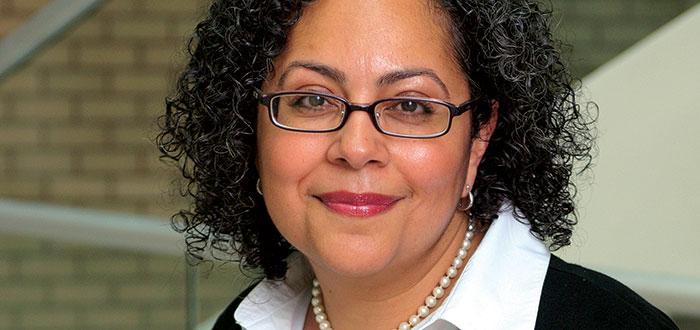Colorism And Privilege: An Afro-Cuban American In HavanaPosted in Anthropology, Articles, Caribbean/Latin America, Latino Studies, Media Archive, Politics/Public Policy on 2016-11-25 00:30Z by Steven |
Colorism And Privilege: An Afro-Cuban American In Havana
FEM: UCLA’s Feminist Newsmagazine Since 1973
2016-04-28
My father, born in Cuba at the end of Castro’s Revolution, migrated to the United States in 1980. He was a young, black, Spanish-speaking political refugee who left his wife and months-old daughter behind in hopes of building a better life for himself. A “Marielito,” my father braved the 115-mile stretch of the Caribbean sea to Florida under President Carter’s pardon of Cuban refugees. My mother is a white Spaniard who moved to Washington, D.C. in 1989 for graduate school at Georgetown University. An unlikely couple, my parents met at my father’s Cuban nightclub, a hub for Latino culture, music, and dance. Although my siblings and I were born and raised in the U.S., we have been fortunate enough to travel to our parents’ birth countries in order to familiarize ourselves with their respective cultures…
..In Cuba, the Communist Revolution is often portrayed as the “great equalizer,” not just economically but also in respect to race relations. In many ways, this has been true: people of all racial and ethnic backgrounds have access to education, jobs, transportation, healthcare, and other social services. Regardless, there are traces of racial hierarchy and a colonialist mentality which are deeply entrenched in Cuban society. As far as I know, all of my Cuban relatives are black. The majority of them are dark-skinned; when asked, two of my male cousins expressed that they do not feel hated because of their African ancestry and darker pigmentation. Still, they are well-aware that their roles within society are informed by Cuba’s history of racial hierarchy and discrimination…
Read the entire article here.


